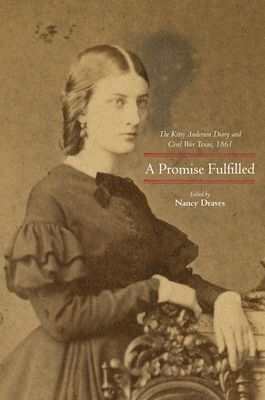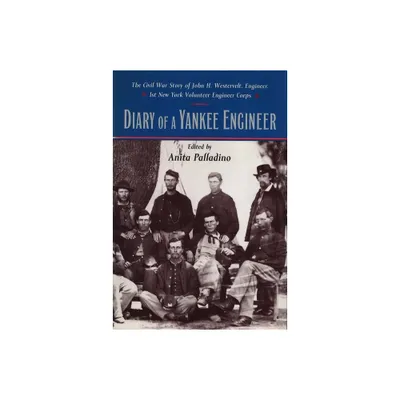Home
A Woman Doctor's Civil War: Esther Hill Hawks' Diary
Loading Inventory...
Barnes and Noble
A Woman Doctor's Civil War: Esther Hill Hawks' Diary
Current price: $28.99


Barnes and Noble
A Woman Doctor's Civil War: Esther Hill Hawks' Diary
Current price: $28.99
Loading Inventory...
Size: Paperback
*Product Information may vary - to confirm product availability, pricing, and additional information please contact Barnes and Noble
A physician, a Northerner, a teacher, a school administrator, a suffragist, and an abolitionist, Esther Hill Hawks was the antithesis of Southern womanhood. And those very differences destined her to chronicle the era in which she played such a strange part.
While most women of the 1860s stayed at home, tending husband and house, Esther Hill Hawks went south to minister to black Union troops and newly freed slaves as both a teacher and a doctor. She kept a diary and described the South she saw—conquered but still proud. Her pen, honed to a fine point by her abolitionist views, missed mothing as she traveled through a hungary and ailing land.
In the well-known
Diary from Dixie
, Mary Boykin Chestnut depiced her native Southland as one of cavaliers with their ladies, statesmen and politicians, honor and glory. But Hawks painted a much different picture. And unlike Chestnut's characters, hers were liberated slaves and their hungary children, swaggering carpetbaggers, occupation troops far from home, and zealous missionaries. Revealed in the pages of this diary is a woman of vast energy, intelligence, and fortitude, who transformed her idealism into action.
While most women of the 1860s stayed at home, tending husband and house, Esther Hill Hawks went south to minister to black Union troops and newly freed slaves as both a teacher and a doctor. She kept a diary and described the South she saw—conquered but still proud. Her pen, honed to a fine point by her abolitionist views, missed mothing as she traveled through a hungary and ailing land.
In the well-known
Diary from Dixie
, Mary Boykin Chestnut depiced her native Southland as one of cavaliers with their ladies, statesmen and politicians, honor and glory. But Hawks painted a much different picture. And unlike Chestnut's characters, hers were liberated slaves and their hungary children, swaggering carpetbaggers, occupation troops far from home, and zealous missionaries. Revealed in the pages of this diary is a woman of vast energy, intelligence, and fortitude, who transformed her idealism into action.


















